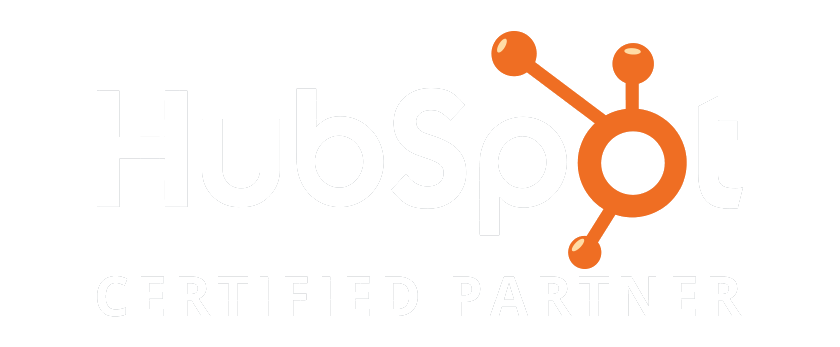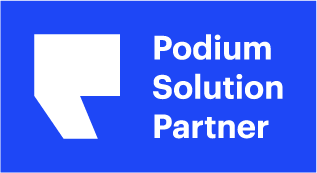Pay-per-click (PPC) advertising has become a critical component of any successful online strategy. As agencies juggle multiple campaigns across various platforms, maintaining a structured and proactive approach to PPC management is essential for delivering consistent results to clients. Enter the PPC optimization checklist – a comprehensive tool that empowers agencies to monitor key metrics, identify trends, and make data-driven decisions to enhance campaign performance.
PPC Metrics to Monitor
Effective PPC optimization begins with a deep understanding of the most crucial performance indicators. By closely tracking a suite of metrics, agencies can gain valuable insights to guide your decision-making process. Let’s explore the top PPC metrics that should be on every agency’s radar:
Impressions and Impression Share
Impressions represent the number of times a PPC ad is displayed to users, providing a clear picture of campaign reach. Equally important is Impression Share, which measures the percentage of eligible impressions your client’s ads received compared to their competitors. Monitoring these metrics helps identify opportunities to improve visibility and outshine the competition.
Click-through Rate (CTR) and Cost per Click (CPC)
CTR, the percentage of impressions that result in a click, is a crucial indicator of ad relevance and appeal. Complementing this, CPC – the amount paid for each click – is a vital component of cost management. By optimizing these metrics, agencies can enhance the efficiency of your clients’ PPC spend.
Quality Score and Conversions
Quality Score, the rating assigned by search engines based on ad, keyword, and landing page relevance, directly impacts ad rank and cost. Conversions, the number of desired actions taken by users, provide a direct measure of campaign success, especially for clients with conversion-oriented goals.
Cost per Conversion and Return on Ad Spend (ROAS)
Cost per Conversion, the average cost incurred for each conversion, allows agencies to assess the cost-effectiveness of your PPC efforts. ROAS, the revenue generated for every dollar spent on ads, is the ultimate barometer of campaign effectiveness, helping to justify PPC investments to clients.

Establishing a Structured PPC Management Routine
Optimizing PPC campaigns is an ongoing process that requires a strategic, multi-layered approach. By monitoring different elements at varying time intervals, agencies can maintain a proactive and adaptable PPC management strategy. Let’s dive into the daily, weekly, and monthly checks that should be part of your agency’s PPC optimization routine.
Daily PPC Management Checks
Budget Distribution
Closely monitoring daily budget pacing is crucial to avoid overspending or underutilizing ad spend. This is particularly important for clients with shared budgets, time-sensitive campaigns, or the need to maintain a specific daily CPC.
Visibility and Engagement
Ensuring sufficient ad visibility and user engagement is a daily priority. Agencies should track metrics like impressions, impression share, and click-through rates to identify opportunities for improvement in ad targeting and messaging.
System Notifications
Regularly checking for in-platform notifications, such as ad disapprovals or billing issues, allows agencies to quickly address any potential roadblocks and maintain uninterrupted ad delivery.
Weekly PPC Management Checks
Competitive Analysis
Conducting a weekly competitive analysis helps agencies stay ahead of the curve. By monitoring competitors’ keyword strategies, ad creative trends, and untapped opportunities, you can redefine your clients’ PPC campaigns and maintain a unique market positioning.
Conversions
Weekly conversion monitoring provides a balanced perspective, allowing agencies to identify trends and implement necessary adjustments without overreacting to daily fluctuations.
Quality Score
Assessing Quality Score on a weekly basis ensures that clients’ ads remain relevant and optimized for search engine visibility, ultimately leading to more efficient budget utilization.

Monthly PPC Management Checks
Keyword Analysis
A comprehensive monthly keyword analysis helps agencies uncover top-performing terms, identify new opportunities, and address any negative keywords that may be hindering campaign success.
Total Budget Spent
Reviewing the total monthly budget spent provides a clear record of how funds were utilized, enabling agencies to justify budget increase recommendations or identify areas for cost savings.
Revenue Generated and ROAS
For clients with revenue-oriented PPC goals, monthly reporting on total revenue and ROAS helps demonstrate the direct impact of paid advertising on the bottom line, strengthening the client’s confidence in the agency’s capabilities.
Streamlining PPC Management with Automation
While a structured PPC management routine is essential, the sheer volume of data and tasks involved can quickly become overwhelming for agencies. That’s where automation tools like come into play, simplifying the process and freeing up valuable time for strategic decision-making.
Contact Us for PPC Management
Navigating the ever-evolving PPC landscape requires a comprehensive, data-driven approach. By implementing a structured PPC management checklist, you can maintain a pulse on campaign performance, identify optimization opportunities, and demonstrate tangible value to your clients. Learning to streamline your PPC management processes will help you free up time to focus on strategic decision-making and driving long-term success for your clients. Contact us today to see how Bake More Pies can help.




